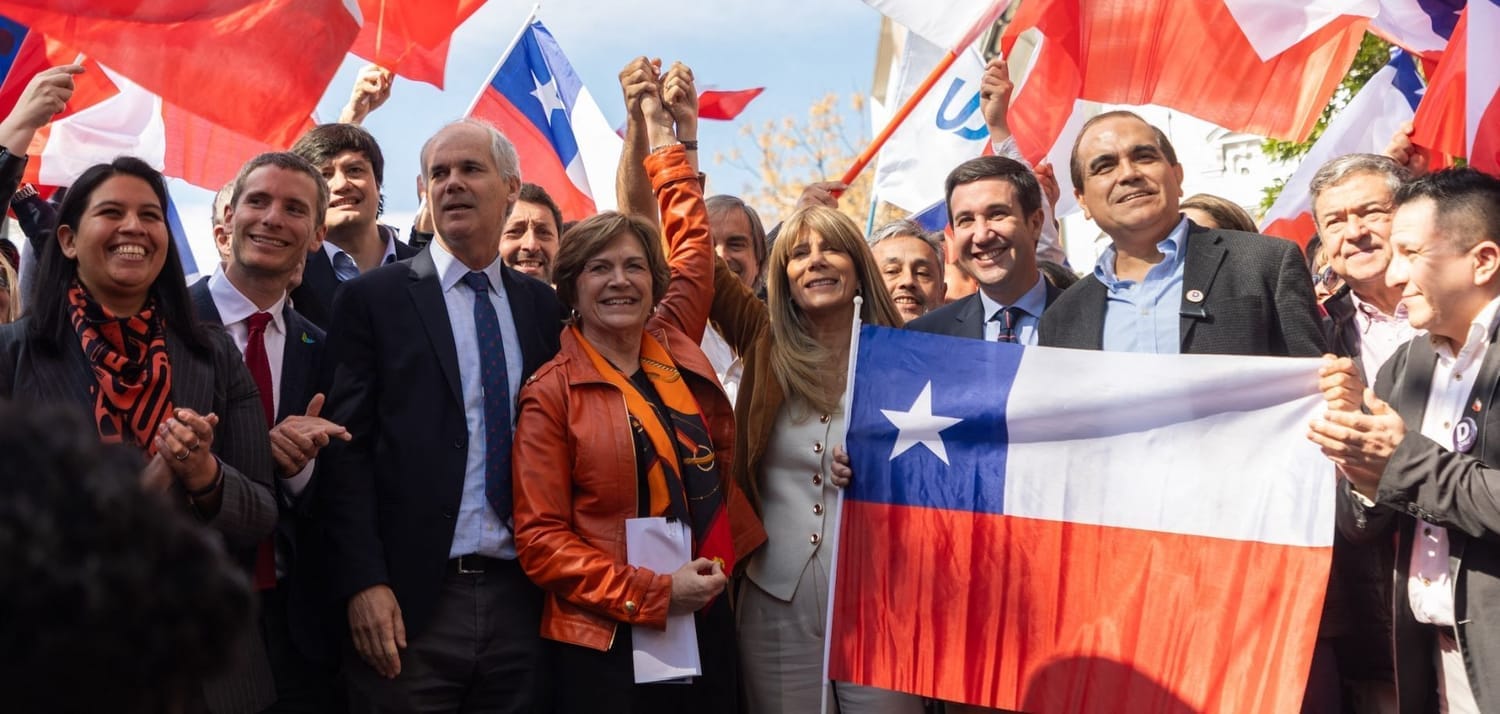Chile Presidential Election 2025: Full Coverage, Deep Analysis & What Comes Next

Chile has entered one of the most polarised and consequential elections in its modern political history. As the country voted in the first round, the results confirmed what analysts predicted for weeks — a dramatic face-off between the far-right and the communist left, with no clear majority for either side.
The presidential battle now moves toward an explosive, high-stakes runoff between:
🔴 Jeannette Jara — The Leftist / Communist Candidate
🔵 José Antonio Kast — The Far-right “Iron Fist” Candidate
This runoff is not just another election — it is a referendum on Chile’s future direction, spanning issues like crime, migration, economic stability, inequality, and national identity.
Below is a complete, comprehensive, deeply detailed analysis of the situation — covering every angle from global media, regional insights, and political forecasting.
📰 First Round Results: Chile Divided Down the Middle
According to early and consolidated reports:
Jeannette Jara, representing the Communist Party, holds a slight lead in first-round votes.
José Antonio Kast, the far-right leader known for his “law and order” message, finished close behind.
Both candidates crushed centrist and traditional coalition figures, showcasing Chile’s collapse of political moderation.
What this means:
Chileans are frustrated with rising crime, gang violence, drug trafficking, and the presence of the Venezuelan gang Tren de Aragua.
At the same time, inequality, pension reform, labour rights, and social welfare remain burning concerns.
The electorate has swung sharply to ideological extremes — left vs right, authoritarian solutions vs structural reforms.
🔥 Why Chile is So Polarised? Key Factors Driving This Election
1. Crime & Security – The No.1 Issue
All major media — Reuters, CNN, The Guardian, WSJ, Al Jazeera — highlight crime as the dominant theme.
Chile, once South America’s safest nation, is now battling:
Rising violent crime
Transnational gangs
Migrant-influenced criminal networks
Public fear & demand for an “iron fist”
Kast’s popularity surged precisely because he promises:
“Hard measures, militarised borders and strong policing.”
2. Migration Crisis
The Venezuelan immigration wave has reshaped demographics and political tension.
Le Monde, The Guardian, DW and Arab News report:
Surging illegal border entries
Social pressure on local communities
Perception of crime linked to migrants
Debate over humanitarian response vs deportations
This issue alone has pushed many undecided voters toward Kast’s conservative stance.
3. Economic Slowdown & Inequality
The pandemic years weakened Chile’s once-stable economy.
Key problem areas:
High living costs
Stagnant wages
Pension dissatisfaction
Discontent over the failed constitutional rewrite
The left hopes to capitalise on this with welfare-oriented reforms.
4. Collapse of Traditional Parties
The centre-left and centre-right alliances that dominated Chile for decades have been rejected by voters.
This election is effectively:
Ideology vs Ideology
Communism vs Hard-Right Conservatism
👩💼 Jeannette Jara: The Communist Party’s First Real Shot at the Presidency
The Guardian, BBC, and The New York Times describe Jara as:
Pragmatic
System-oriented
Welfare-focused
Her key promises:
Pension reform
Strengthening workers’ rights
Expanding welfare & state protection
Progressive taxation
Social reforms in healthcare & education
She appeals to:
Working-class Chileans
Youth demanding systemic change
Left-wing voters from previous Boric coalitions
Challenges she faces:
Right-wing media framing her as “radical”
Business community fears market instability
Chile’s conservative middle-class swing
But Jara’s near-first place proves the left retains significant power.
👨💼 José Antonio Kast: The Trump-Inspired Far-Right Favourite
Global coverage (Guardian, WSJ, Al Jazeera) calls him:
Chile’s Trump-era candidate
Supporter of military-style security policies
Champion of strict immigration control
His main agenda:
Militarized borders
Harsh anti-gang crackdown
Economic liberalization
Deregulation and tax cuts
Strengthening national identity
Conservative family values
Kast appeals to:
Middle-class professionals
Crime-hit urban areas
Northern border residents
Business community seeking stability
He is currently the bookies’ favourite to win the runoff.
🗳️ Runoff: What Happens Next?
The runoff is scheduled next month, and the nation is preparing for a decisive clash.
Key factors that will determine the winner:
1. Who wins the centrist vote?
Since traditional centrists were crushed, their abandoned voters will decide the election.
2. Crime narrative
If crime headlines intensify, Kast gains.
3. Economic debate
If economic anxiety dominates, Jara gains.
4. Voter turnout
Youth turnout favours Jara
Conservative older turnout favours Kast
5. Endorsements
Moderate parties’ endorsements will influence swing voters but not decisively.
🌍 Global Reactions: Why This Election Matters Internationally
1. Markets & Investors
A Kast win = investor-friendly, pro-market policies
A Jara win = social spending, corporate tax reforms
2. US Influence
WSJ calls it a potential “Trump-era right turn” for Chile.
3. Regional Politics
This election will influence:
Peru
Argentina
Brazil
Colombia
As Latin America swings between far-left and far-right leaders.
4. Immigration Policy
Chile’s approach could set standards for South America’s migrant crisis.
🐟 Salmon Industry, Trade & Business Impact
IntraFish and Bloomberg highlight the stakes for Chile’s salmon industry:
Kast favours deregulation → good for exporters
Jara supports environmental regulation → may increase operating costs
The global seafood market is watching closely.
🏞️ Inside the Polling Day: Scenes from Chile
Photo reports from:
Daily Reflector
Toronto Star
San Francisco Chronicle
WV News
show:
Long queues
High turnout
Youth participation
Indigenous communities voting
Strong police presence
Chileans are taking this election very seriously.
🧭 Conclusion: Chile at a Crossroads
The upcoming runoff is more than a political contest — it is a battle of philosophies, identities, and national direction.
The decision Chile makes will determine:
Its approach to crime
Future of immigration policy
Economic stability
Social welfare
Chile’s position in Latin America
Chile is choosing between two extremes, and whichever candidate wins, the nation will not be the same.
Press Release on Our All Websites for Powerful Online Presence
Get your brand featured with a world-class press release, published across all our high-authority websites — complete with powerful do-follow backlinks. Crafted to meet global press release standards, our service ensures maximum credibility, visibility, and SEO impact. Special pricing and exclusive offers are available for a limited time. Contact us today at sunil@justbaazaar.com to elevate your brand’s presence."
Created with © systeme.io









